Invisible Diversity
Invisible Diversity™ utilises research-grounded, innovative, human, technology, and AI-powered solutions to support neurodivergent persons at individual, family, community as well as team and corporate levels, fostering inclusion, increasing meaningful contributions to society, and supporting a healthier workplace for the individual, the team, and the company.
SERVICES & CORE COMPETENCIES
The core services for Invisible Diversity™ are in support of executive functioning. Support is based on a combination of human, technology and AI-powered solutions to harness the full potential and talents of the neurodivergent person which are so often derailed because of executive functioning difficulties and information processing differences.
Clinical Assessments and Interventions
Invisible Diversity™ utilizes globally recognized assessment protocols for the recognition of neurodivergent conditions, together with individually tailored, evidence-based support and intervention aligned with the unique profile of the neurodivergent person.
Awareness and Education
Our enablement teams conduct workshops, seminars, webinars and training sessions to convey the most current understanding of, and insights into, those neurodevelopmental conditions impacting neurodivergent people, to the ends of facilitating the acceptance and understanding of neurodivergent persons.
Executive functioning support
We provide tools & techniques to help neurodivergent persons develop and strengthen key cognitive skills that are essential for managing daily tasks and achieving goals.
DIGITAL ENABLEMENT & ANCILLARY SERVICES
Empowering neurodivergent persons with digital enablement tools as well as linkages.
Research and Development
Engaging in research to advance the deeper understanding of neurodivergence and the facilitation and development of innovative digital tools and approaches to support neurodivergent individuals, specifically in the workplace.
Advocacy and Public Services
Actively promoting inclusive practices in educational, workplace, and community settings on the back of the above awareness and education.
CUSTOMER TESTIMONIAL
blog posts
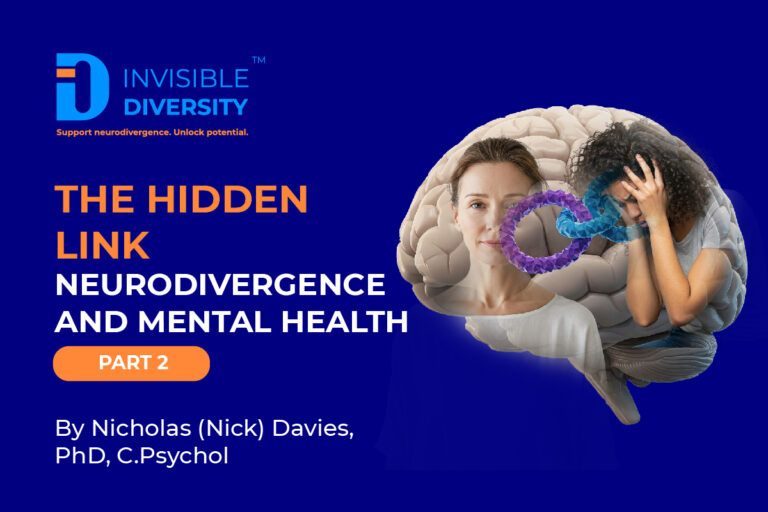
The Hidden Link: Neurodivergence and Mental Health Part 2
In the previous blog we looked at neurodivergence and anxiety. What about depression? People with autism are four times more likely to develop depression, than the general population (Hudson CC,
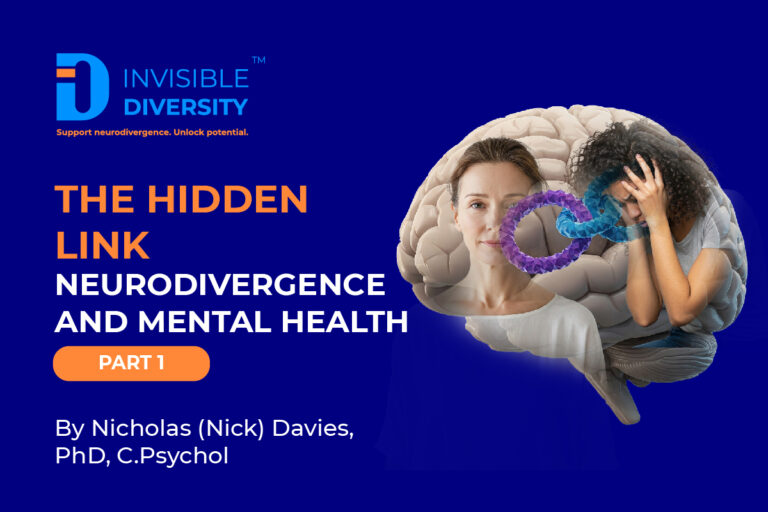
The Hidden Link: Neurodivergence and Mental Health (Part 1)
When we talk about neurodivergence—the natural variation in how human brains are wired—autism and ADHD often take centre stage. Autistic and ADHD individuals bring unique strengths to teams, such as

Unlocking Hidden Potential: The Case of Susan Boyle and Neurodivergent Talent
One of the thrills of watching the “X-factor” and “America Got Talent” type of programmes is the unexpected brilliance that jumps out when it’s least expected. What’s also interesting is
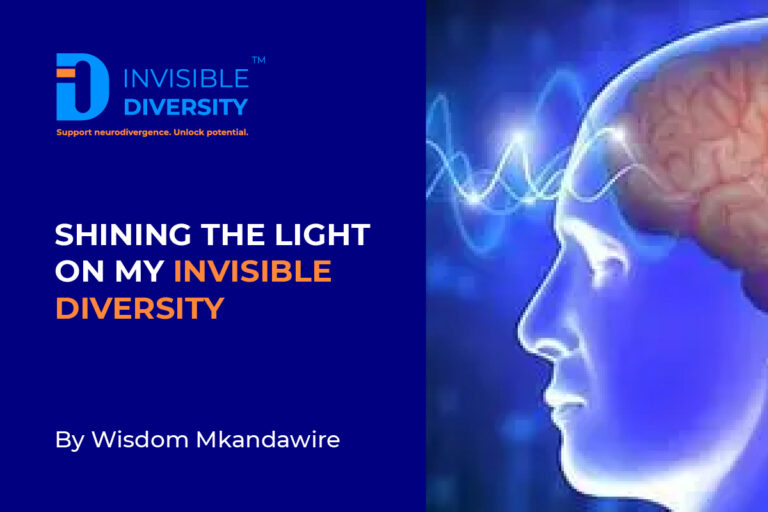
Shining the light on my invisible diversity
Is it just me or does this time of year also make you reflective? My professional life has done a 180 degrees turn in the past 12 months – I wanted to
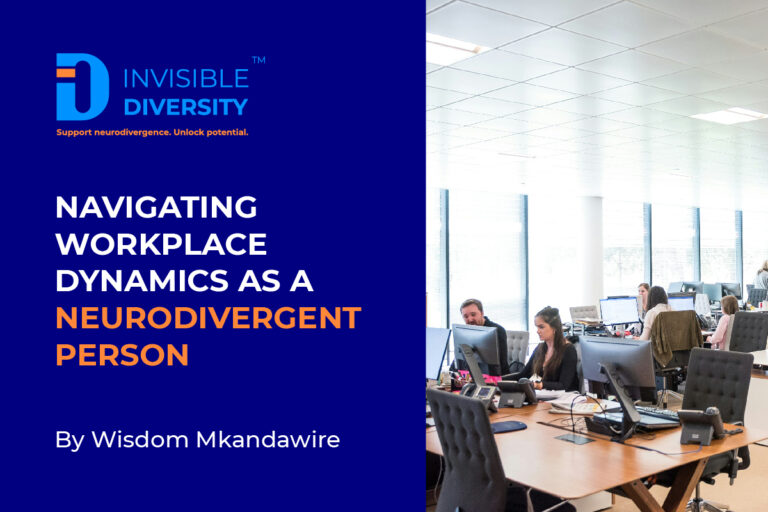
Navigating workplace dynamics as a neurodivergent person
Navigating workplace dynamics as a neurodivergent person A little over two years ago I decided to write to my professional community that I identify as a neurodivergent person. Since then,
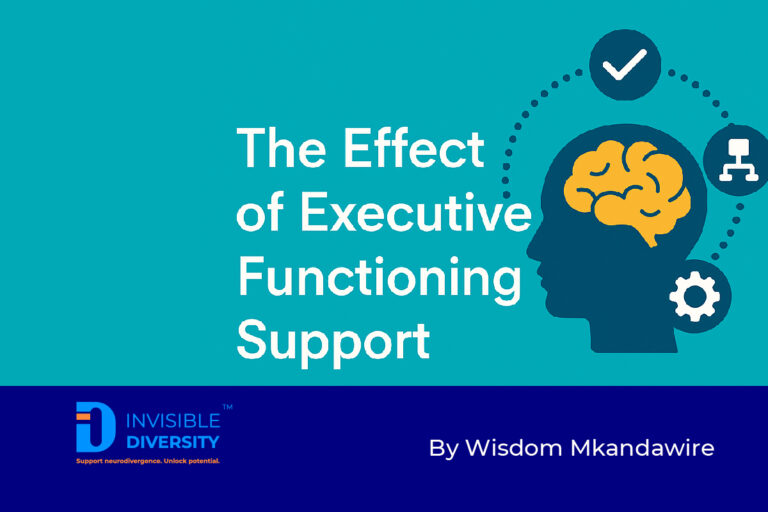
The Effect of Executive Functioning Support
As I was ruminating on a message for the dyslexia awareness week* (last week), I got reminded of an exceptional television series called “Monk” which I used to watch a